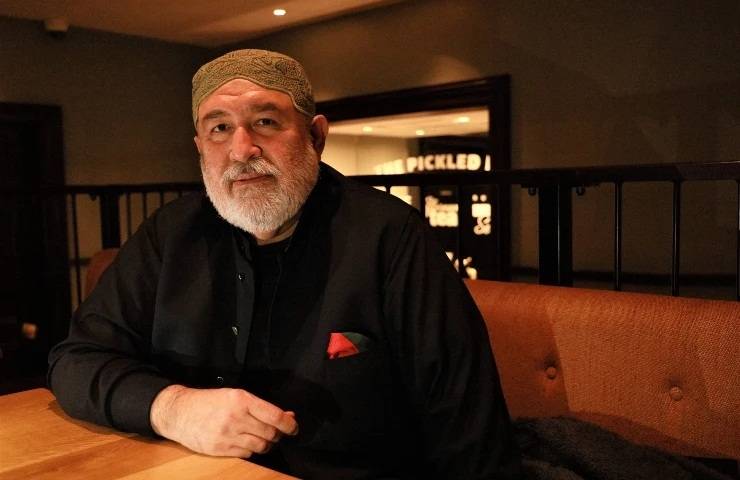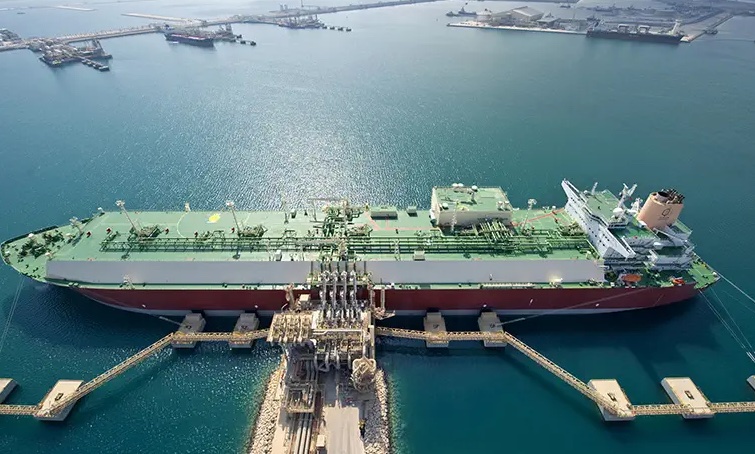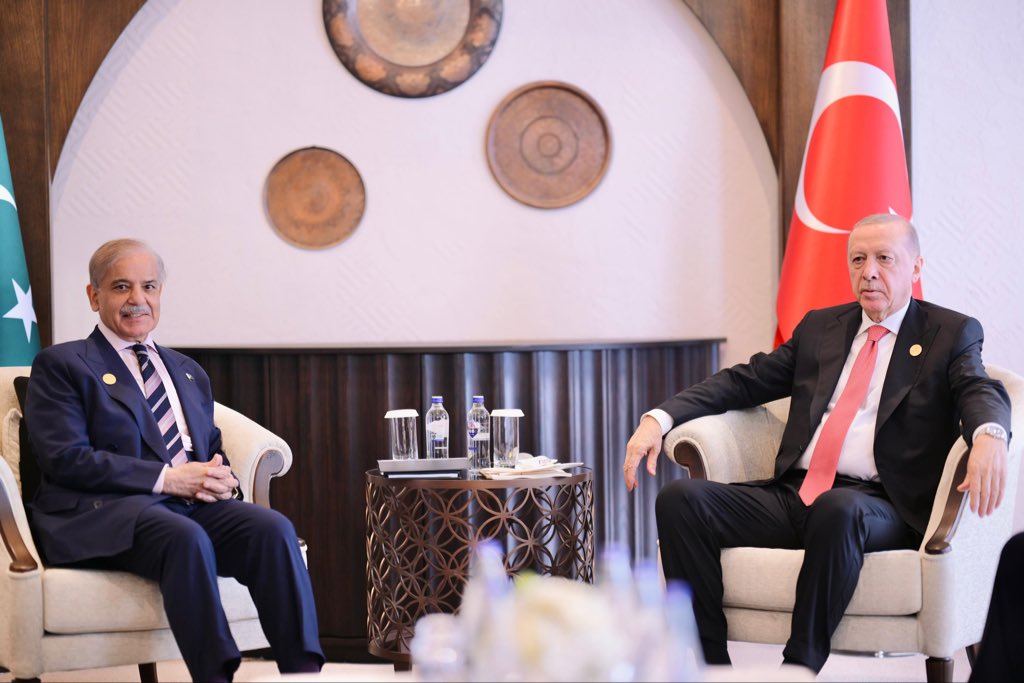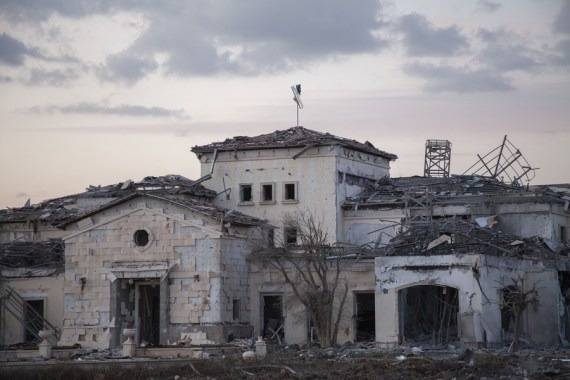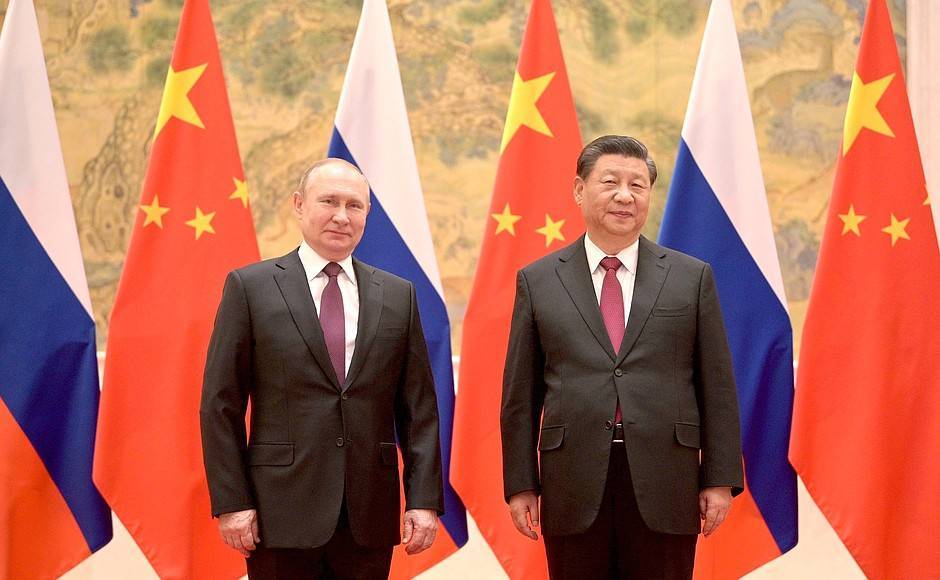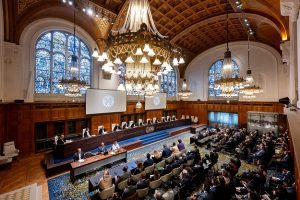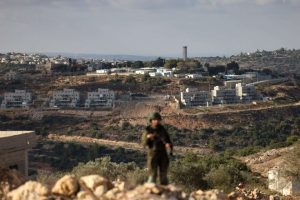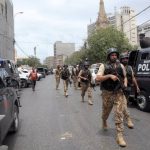Rahul Kumar in conversation with Mir Suleman Dawood, the third-generation ruler of Balochistan after the princely state’s annexation by Pakistani forces in 1948
Mir Suleman Dawood, the 35th descendent of the founders of Balochistan, is living in exile in London from where he is lobbying with governments across the world to support the Baloch struggle for independence.
India Narrative met with Dawood, the third-generation ruler of Balochistan after the princely state’s annexation by Pakistani forces in 1948. He spoke with Rahul Kumar at the Marriott hotel Marble Arch, close to the busy Edgware Road, London. Dawood says that the Baloch struggle is consolidating and there will be surprises for Pakistan and for the region in the days to come.
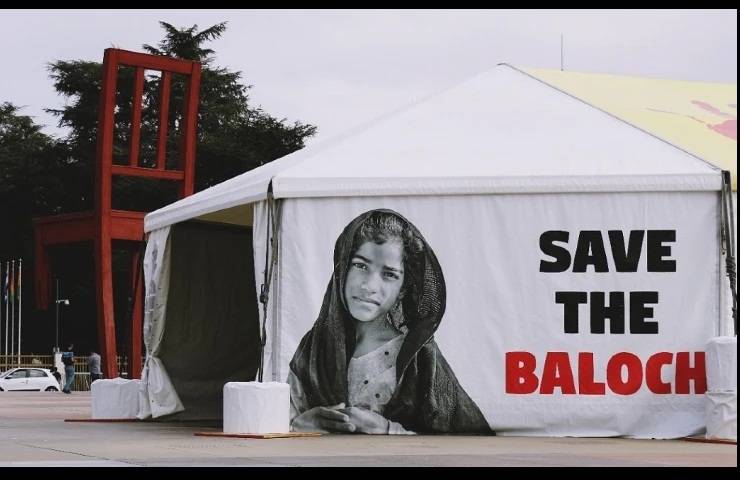
Excerpts from the interview:
There has been a flare-up in Balochistan with deadly attacks on Pakistani security forces. Many people say the Baloch got their weapons from the Taliban after the fall of Kabul.
A: The Baloch uprising is a home-grown issue which is unconnected to the Afghan situation. The Baloch and the Taliban do not see eye-to-eye.
After the takeover of Afghanistan was becoming imminent, a lot of weapons went to Iran. The Baloch fighters got their weapons even when the American forces were present on Afghan soil. American weapons have been available in Pakistan’s tribal areas for a while.
Ever since the US coalition forces were present in Afghanistan, weapons, army uniforms, blankets and other equipment had been trickling out. So, it is a long shot believing that we got the weapons from the Taliban.
The China Pakistan Economic Corridor (CPEC) is seen as a resource-exploitation project by the Baloch community with large numbers of Chinese nationals working in the region. Do you fear the Chinese might outnumber the Baloch in the future?
A: The China Pakistan Economic Corridor (CPEC) is on occupied land. Whoever Pakistan has asked to invest in Balochistan is doing so illegally. Because Balochistan is occupied by Pakistan, the Chinese are not welcome there. For us they are coming through the occupier force-the Pakistani military.
I don’t think China will succeed in CPEC. Even though Pakistan is providing legitimacy to foreign investments in Balochistan, Pakistan itself is not legitimate as far as CPEC is concerned. Not much progress is happening on the project and China is not getting any money in return from Pakistan.
I don’t feel that the Chinese will outnumber the Baloch as the Chinese are settling in different parts of Pakistan-Gwadar, Karachi, Islamabad and Lahore. The Chinese are present in Khyber Pakhtunkhwa but do not have a presence in Baloch rural areas.
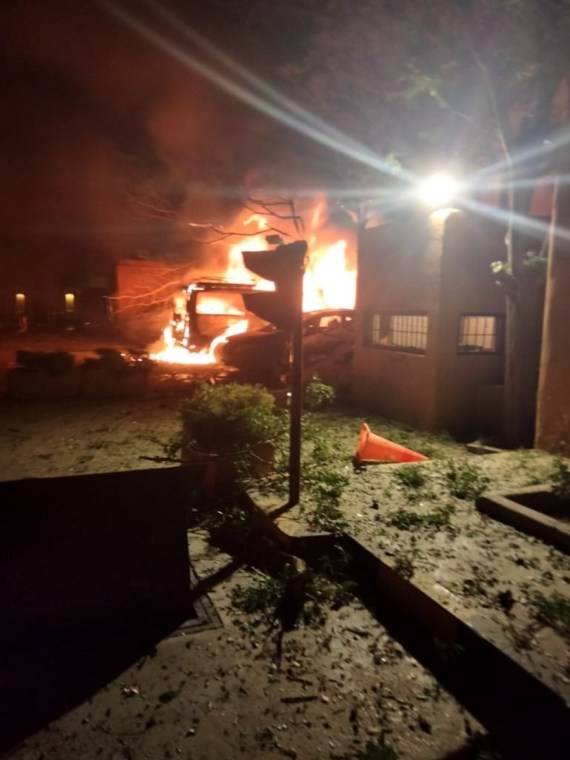
There is a lingering suspicion that China intends to convert the Gwadar Port into a military facility. Do you think the powerful Pakistan military is unaware of it or is it in cahoots with China to make Gwadar a military base?
A: The Gwadar port is a military project with two issues that connect it-military and energy security. China requires a land route for these two. The Chinese are fearful that tensions in the South China Sea (SCS) can create problems for it, therefore, it needs a land route to import and export.
China has a large population and it needs energy from the Middle East, therefore Gwadar suits it well. The Pakistani military is defrauding China by taking money from them. It is aware of China’s intentions regarding Gwadar.
Have the Khans of Kalat taken a back seat in the struggle for independence? Do you think the princely state can become a rallying point for the Baloch people-a symbol of hope and aspiration for an independent Baloch nation?
A: We have never taken a back seat in our freedom struggle. In 1948, after Pakistan occupied Balochistan by force, Prince Abdul Karim, my grandfather’s brother was the first one who started the uprising. When my grandfather Yar Khan was arrested by Pakistan in the fifties, fighters led by Nawab Navroz Khan went to the mountains with tribes to wage an armed struggle.
The Khanat of Kalat is an institution by itself and its head has certain responsibilities. The Khan is the head of tribes and is also the head of the judicial system called the jirga.
As the head, I am doing my best for the Baloch people and for Balochistan. I have taken up the Baloch cause at the US Congress in February 2012 and have been to the parliaments of every European country espousing freedom for the Baloch people. I have also approached Japan, Bangladesh and even the earlier Afghanistan government for support.
We were a country for nearly 600 years and have existed as a civilisation for 6,000 years after we built the foundations of Balochistan between the 13-14th centuries.
ALSO READ: Balochistan slipping out of Pak hands
As an independent nation, we were sandwiched between Iran, Afghanistan, India and the Arabian Sea. We had agreements with Nadir Shah of Iran, the rulers of Afghanistan and also the British Crown. Kalat used to keep ambassadors in foreign countries like Oman and Ottoman. But now Ottoman itself is so many countries.
From our point of view just three princely states were not part of British India-Kalat or Balochistan, Nepal and Bhutan. Even Kashmir was part of India under the British.
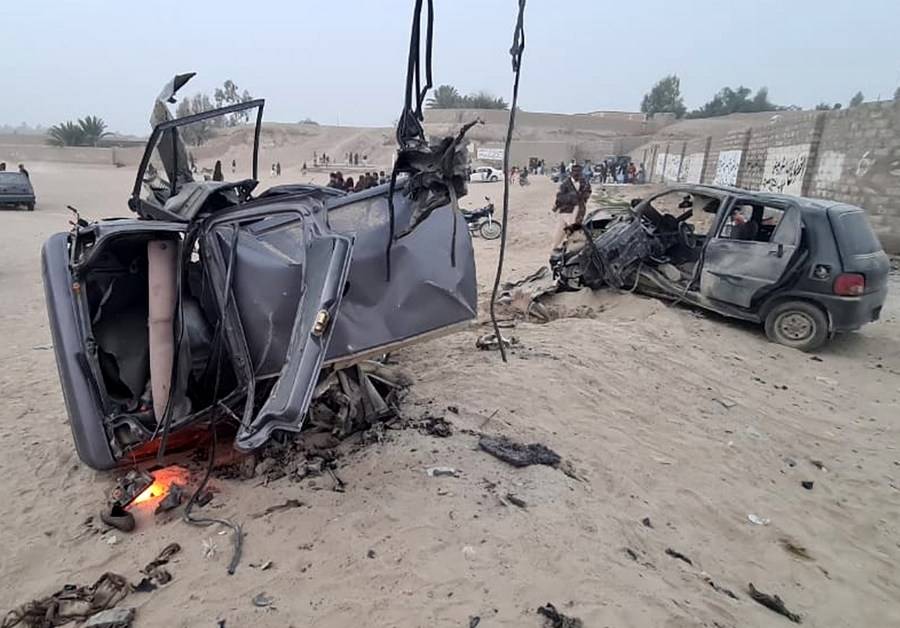
When will Balochistan gain independence? Will the world take up the cause of the Baloch people?
A: We were an independent nation.
The tripartite agreement that we had with Lord Mountbatten-the last viceroy of India, was signed by my grandfather Mir Ahmad Yar Khan and Sultan Ahmed-the Kalat Prime Minister, with Mohammed Ali Jinnah and Liaquat Ali Khan for Pakistan after discussions held between 1 June to 7 August 1947.
Besides being the viceroy, Mountbatten was also the legal representative of the British Crown. As an independent princely State, we had a treaty with the British Crown. We were the guests of the British Crown unlike other princely States.
We have internationalised the Baloch struggle for independence. The governments across the world know about our struggle now. Because of geo-politics, the situation has changed a lot. We are progressing slowly but surely.
There will be surprises for Pakistan and in the region as we consolidate our struggle. I can’t talk about what these surprises will be. I am living in the UK as a refugee. I am living out of my country for our generation’s future.
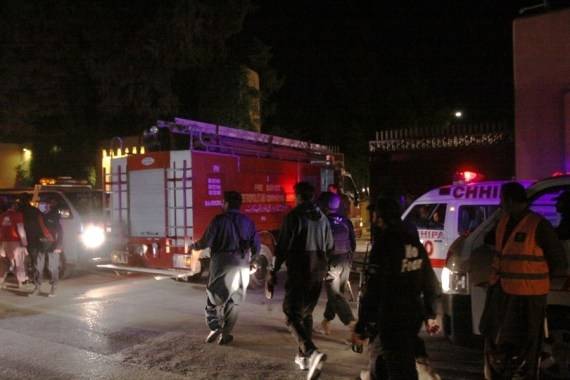
How do you foresee the future of Pakistan?
A: Pakistan is a failed State. It is an illegitimate nation that has been forced upon people by the British. It was a country made for the military, not people. It was created to protect British interests.
Balochistan was an independent nation. Large parts of Sindh are a part of Balochistan. On the other hand, Khyber Pathtunkhwa belongs to Afghanistan. What I am trying to illustrate is that Pakistan is not a country.
It will not last long as it is a military nation and their military is corrupt. Pakistan is bankrupt and has no economic or foreign policy.
The Pakistani establishment is the terror outfit of the region. Every terror organisation is linked to Pakistan, whether these are internal terror groups or foreign terror organisations. Every terror incident leads to the Pakistani Army. In the future the Pakistani army might even be put on the list of terror organisations.
Where do you see India in this entire situation?
A: I would like India to wake up and act. Much water has flown under the bridge.
I do not see India anywhere in the Baloch struggle. Maybe perhaps twice-once Prime Minister Modi spoke from the Red Fort about Balochistan and another time an Indian ambassador mentioned us at the UN.
The Indian media is naive about the history of Balochistan. The archives in Delhi have numerous records about Balochistan yet Indian journalists keep getting their facts wrong.
(The content is being carried under an arrangement with indianarrative.com)

